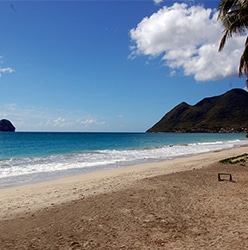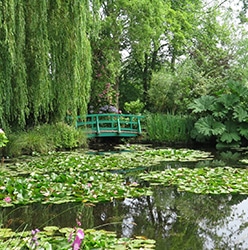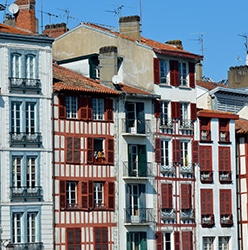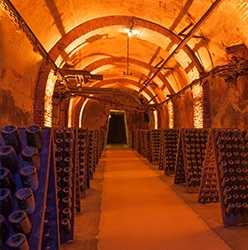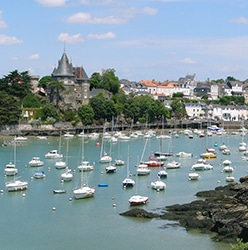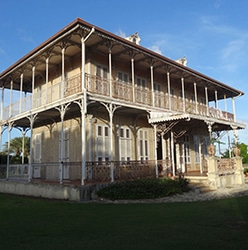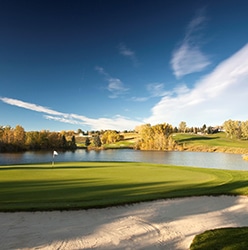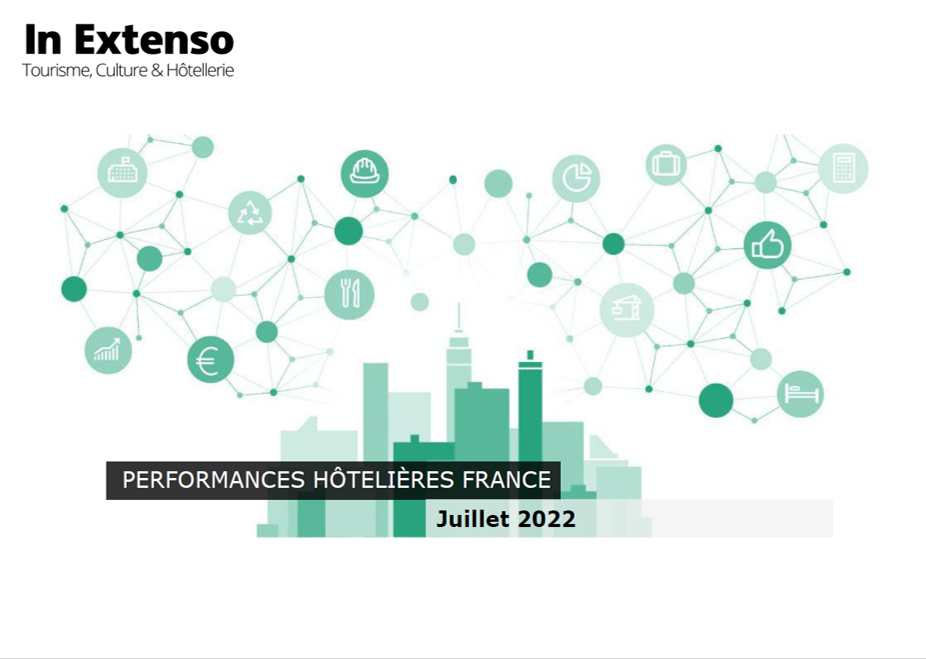Tourism & leisure
In Extenso TCH advocates diversity and a forward-looking approach for increasing the tourism offer and for making destinations more attractive to tourists: urban tourism, rural tourism, mountain or coastal tourism, eco-tourism or nature tourism, guided trips, e-tourism, business tourism, social tourism, wine tourism, lodging, river tourism, health and wellness tourism, industrial tourism, leisure tourism, etc.
The reality of tourism consumption and market expectations impose a global and prospective vision of the sector. Efficiency can only be achieved if all a region’s resources (heritage, tourism and leisure) are pooled coherently.
This is precisely the conviction of IE TCH, whose experts provide support at each and every stage of the project’s cycle – from strategic consulting to operational implementation – making it easier to take the right décisions.
-
Business Tourism
In the hospitality sector, the MICE segment (Meetings, Incentive, Conventions and Events/Exhibitions) groups professional, associative or public events (congresses, trade shows, etc.) and company events (workshops, meetings, residential seminars, etc.). Along with the individual corporate segment, the MICE segment is particularly strategic for hotels.
-
Wildlife parks
Our teams have developed specific wildlife park expertise. We can provide advice on defining the initial concept, determining the financial feasibility of a new facility and on relaunching and optimising an existing park.
-
Leisure infrastructure
Outdoor activity centres, adventure courses, visitor centres… we contribute to tourism development by providing advice to private and public actors.
-
Wine / regional specialities
Our wide-reaching experience stands us in good stead to assist territories and project managers in the fields of gastronomy, regional specialities and wine tourism – from promoting the sector to creating a facility.
-
Restaurant industry
The restaurant industry is a significant contributor to the French economy, generating 50 billion euros per year. The sector has always played a vital role, as it concerns an essential need: feeding oneself. Added to this is a strong qualitative and cultural dimension. The restaurant industry combines passion and extreme precision. The economic equilibrium specific to the profession is complex and requires fine-tuning so that the notion of service and savoir-faire can be transformed into commercial success.
The identification of a need and the presentation of an overall service offer are the two key pillars of success for any project in the sector.

